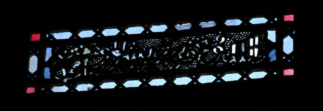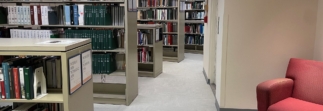The Grand Challenges Summit has released its final white paper, A Grand Challenges-Based Research Agenda for Scholarly Communication and Information Science. The paper, available on the open authoring and publishing platform PubPub, incorporates input gathered during a community review period in October 2018.
“Broad community engagement with the draft has resulted in a compelling call for research to support a more open, participatory, and diverse knowledge environment,” says Chris Bourg, director of MIT Libraries. “We’re grateful to the everyone who provided feedback on the initial draft — the white paper describes a stronger, more inclusive agenda as a result of community input.”
The summit on Grand Challenges in Information Science and Scholarly Communication, held at MIT In March 2018, convened a diverse group of stakeholders to identify, scope, and prioritize a common vision for specific research challenges related to information science and scholarly communications. The white paper is informed by the summit’s discussions and public commentary.
The “Grand Challenges-Based Research Agenda for Scholarly Communication and Information Science” describes a vision for a more inclusive, open, equitable, and sustainable future for scholarship; characterizes the central technical, organizational, and institutional barriers to this future; describes the areas where research is needed to advance this future; and identifies targeted “grand challenge” research problems for knowledge generation. These “grand challenges” are fundamental research problems with broad applications, whose solutions are potentially achievable within the next decade. Instead of setting a research agenda for a single institution, it identifies areas where a collaborative approach and coordinated leadership have the potential to make the greatest impact.
The Grand Challenges Summit followed from a recommendation of the MIT Task Force on the Future of Libraries report released in October 2016. It was supported by a grant from The Andrew W. Mellon Foundation.


